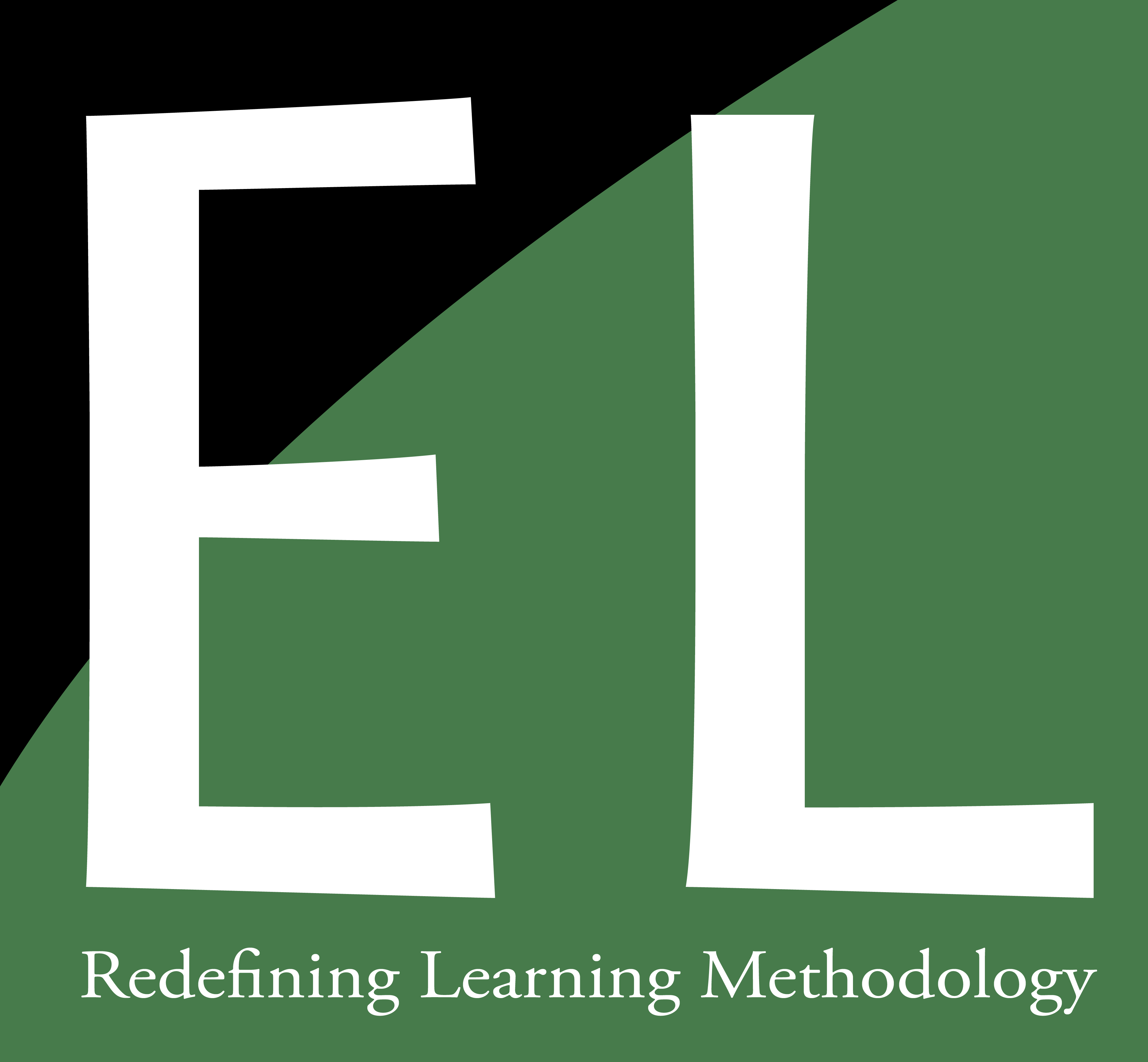The term probability has been interpreted in terms of four definitions :
1. Classical Definition of Probability: the classical definition states that if an experiment consists of ’\(S\)’ outcomes that are mutually exclusive, exhaustive, and equally likely and \(S_A\) of them ate the favorable outcomes of an event A then the probability of the event is
\(P\left( A \right)\; =\; \frac{S_A}{S}\)
In other words, the probability of event A is equal to the ratio of the number of favorable outcomes \(S_A\) to the total number of outcomes.
2. Axiomatic Definition of Probability: In the axiomatic definition of probability, the probability of outcome A is defined by a number assigned to A, such a number satisfies the following axioms:
a) \(P\left( A \right)\; \geq \; 0\) i.e., \(P(A)\) should be non-negative.
b) The probability of certain event A = 1. i.e., \(P(A) = 1\)
c) If the two events A and B are mutually exclusive then the probability of the event \((A \cup B)\) is \(P\left( A\cup B \right)\; =\; P\left( A \right)\; +\; P\left( B \right)\; \)
3. Empirical Definition of Probability: In \(N\) trials of a random experiment of an event is found to occur m times then the relative frequency of occurrence of the event is \(\frac{m}{N}\) is the limiting value approaches to \(P\). When N increases to infinity then \(P\) is called the probability of event \(A\).
i.e., \(P(A) =\lim_{x \to \infty} (\frac{m}{N})\)
4. Subjective Definition of probability: In subjective interpretation of probability the number \(P(A)\) is assigned to a statement which is a measure of our state of knowledge or belief concerning the truth of \(A\). These kinds of probability are more often used in our day-to-day life and conversation.
